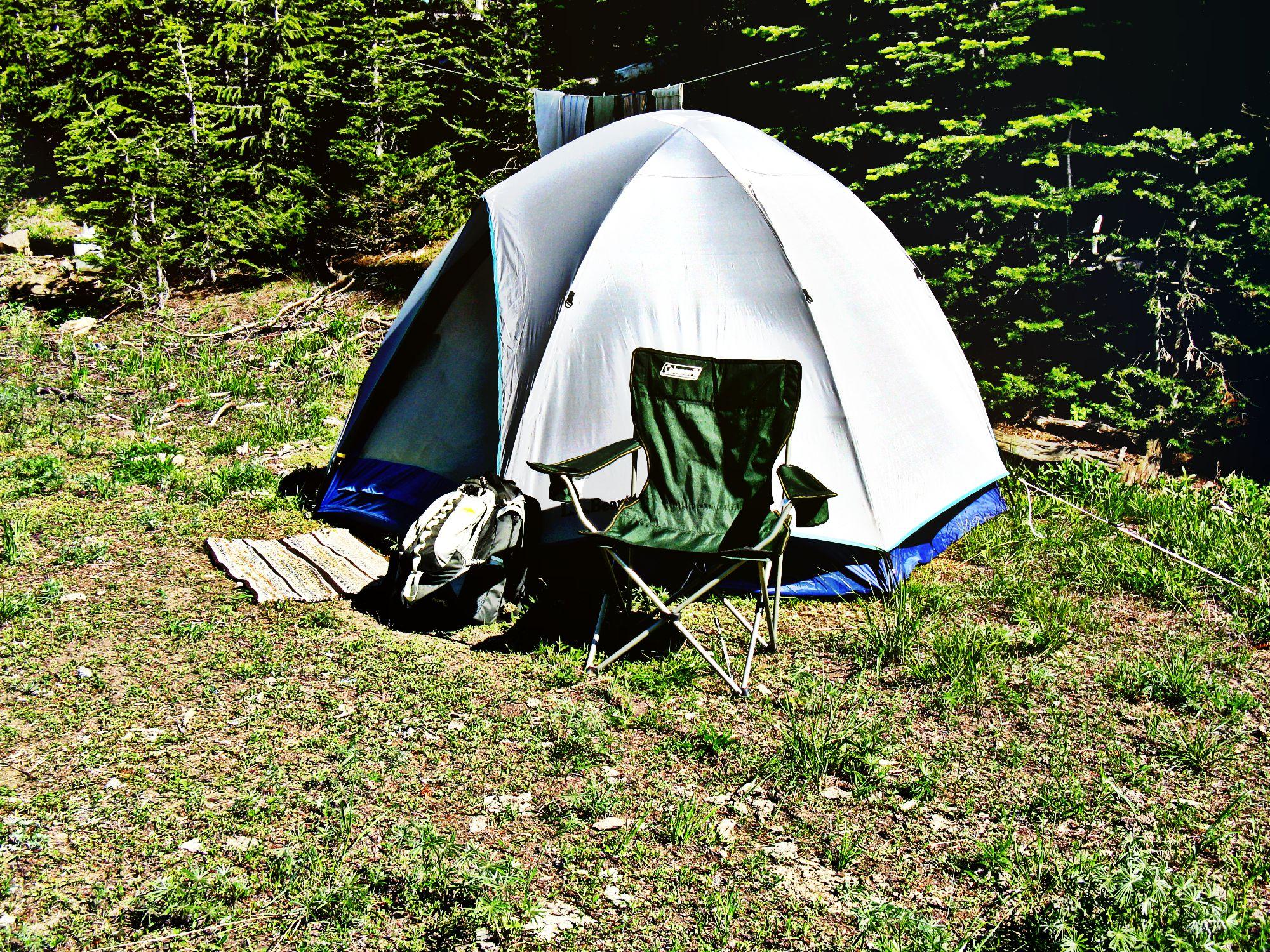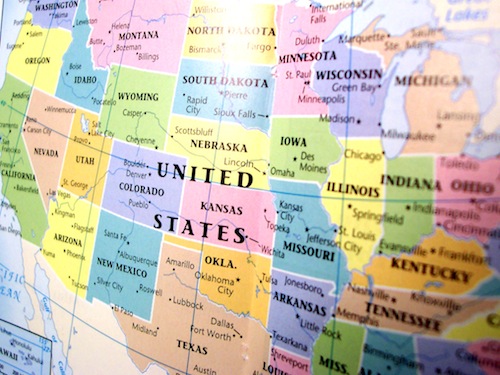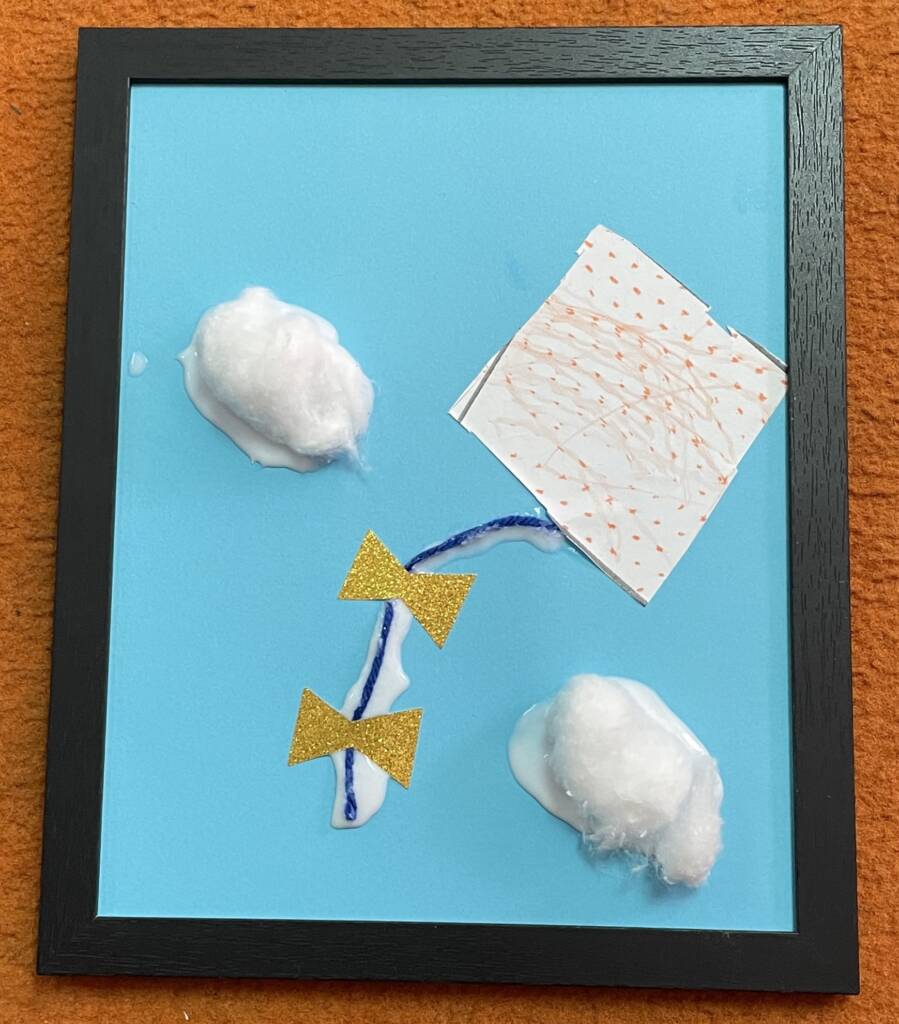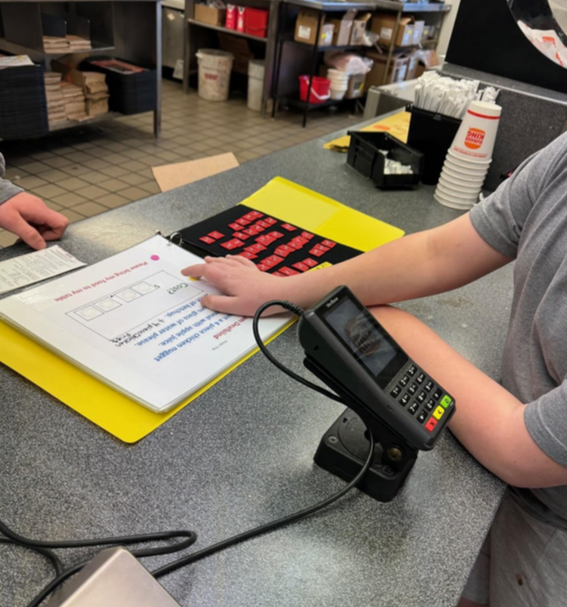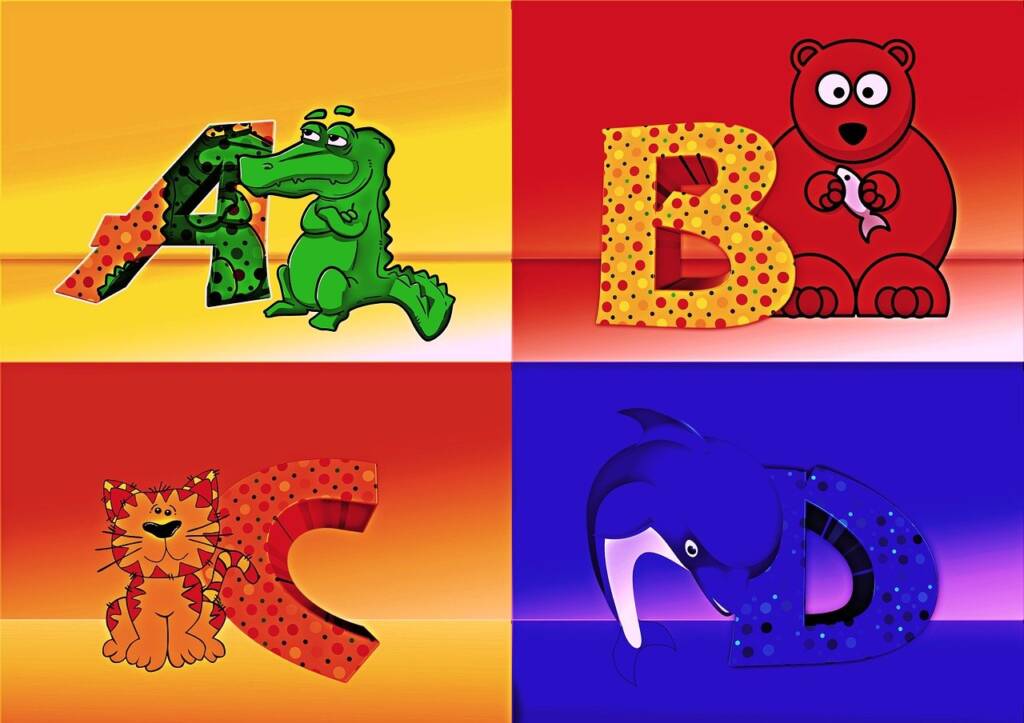Nearly every routine event or special occasion lends itself to reinforcing skills in many areas of the curriculum, including numeracy, literacy, and science. Travel and camping trips lend themselves to learning about geography and history as well. Real experiences are the best way for children who are blind or visually impaired to learn new concepts and below you will find ideas for teaching and practicing skills and concepts on a camping trip.
For other cross-curricular theme-based approach activities, see some of my other posts: http://www.pathstoliteracy.org/users/gwyn52
Numeracy
- Miles to campsite
- Time taken
- Weighing rucksack
- Tent, sleeping bag, compare weights
- Sort shapes of items to take camping – rucksack, tent, cooker, cooking utensils
- Count objects, lay out from smallest to largest
- Count number of sleeping bags to fit in tent
- Count sides of tent
- Count how many different shapes the tent is made up of
- Count number of ropes and pegs
Literacy
- Story or poem about a journey
-
Packing rucksack
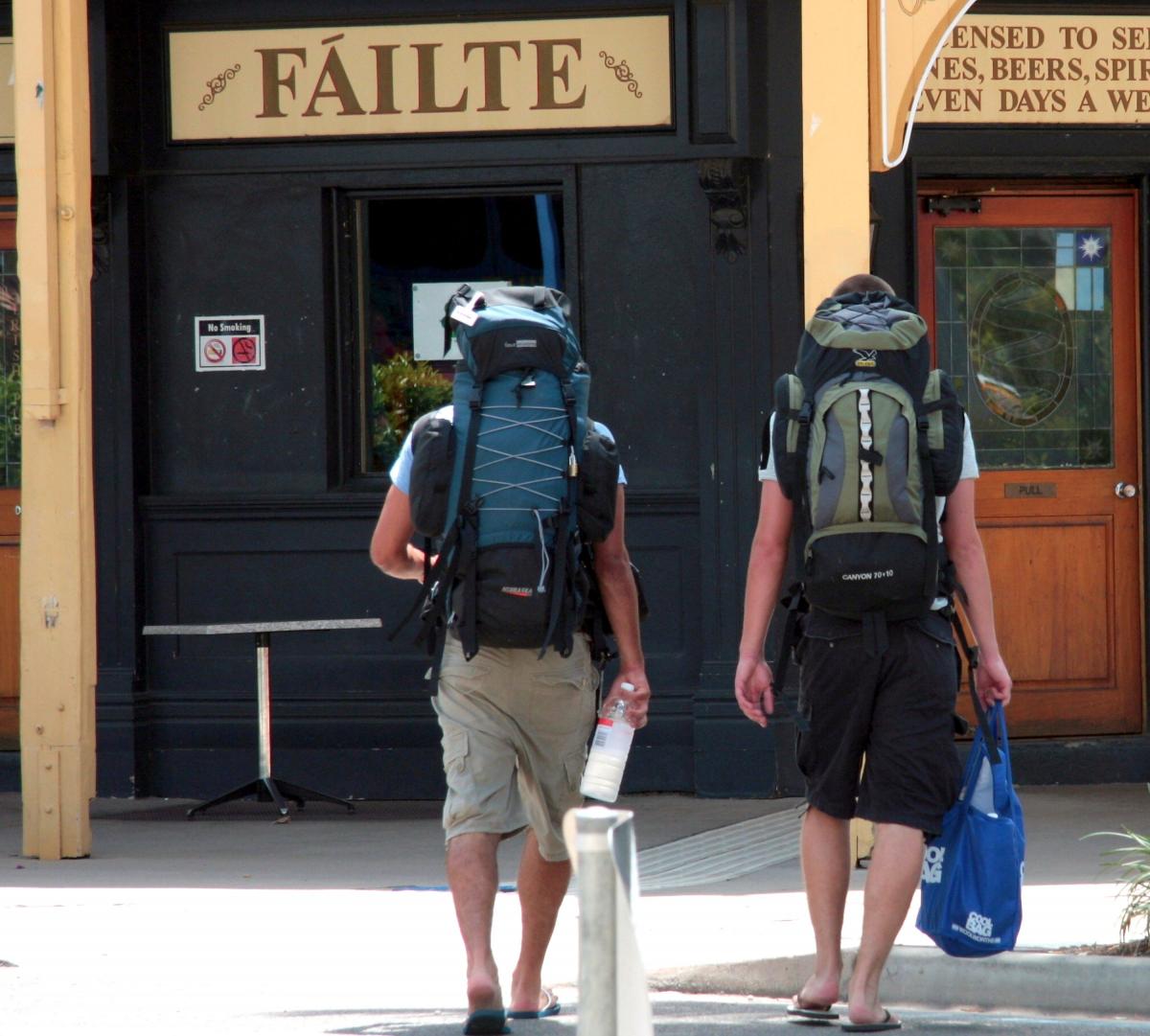
- Packing the car
- Being on a campsite
- Sleeping for the first night in a tent
- Pitch tent in school grounds
- Bring in camping gear
- Cook sausages
- Eat picnic outside tent
- Describe journey to camp site what you might see on the way
- Sing song about camping
Geography
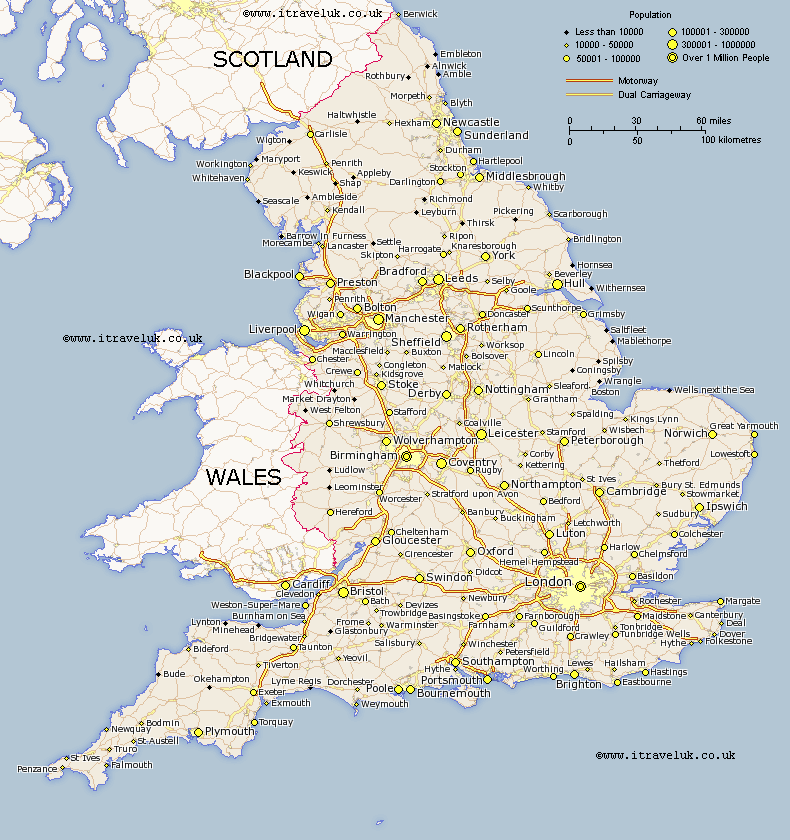
- Where on the map is the campsite?
- Type of countryside campsite is set in
- Is it near a village, what type of shops are in the village?
- Weather on the journey
- Keep a record of the weather over a week
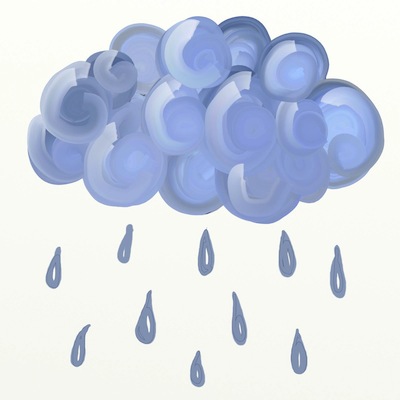 Science
Science
- Clothes for wet weather
- Clothes for hot weather
- Collect and measure rainwater
- Understand a change takes place when something is cooked
- Everyday language
- Pull, push, lift, turn, up, down
- What happens to the rain when it hits the tent?
- What happens to the sleeping bag or clothes if they are left out in the rain?
History
- Find out when did people first go camping
- Find out what type of tents they camped in. Find photographs and examples of camping gear
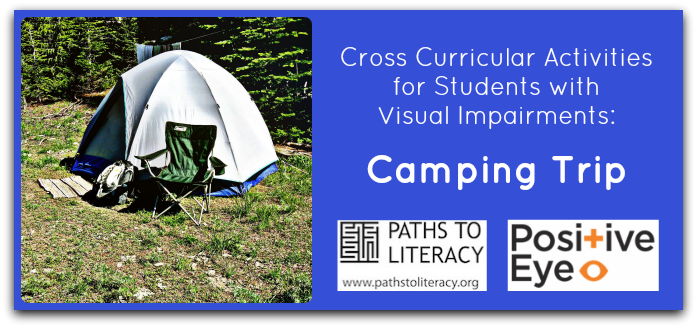
There are more shared ideas at www.positiveeye.co.uk.

